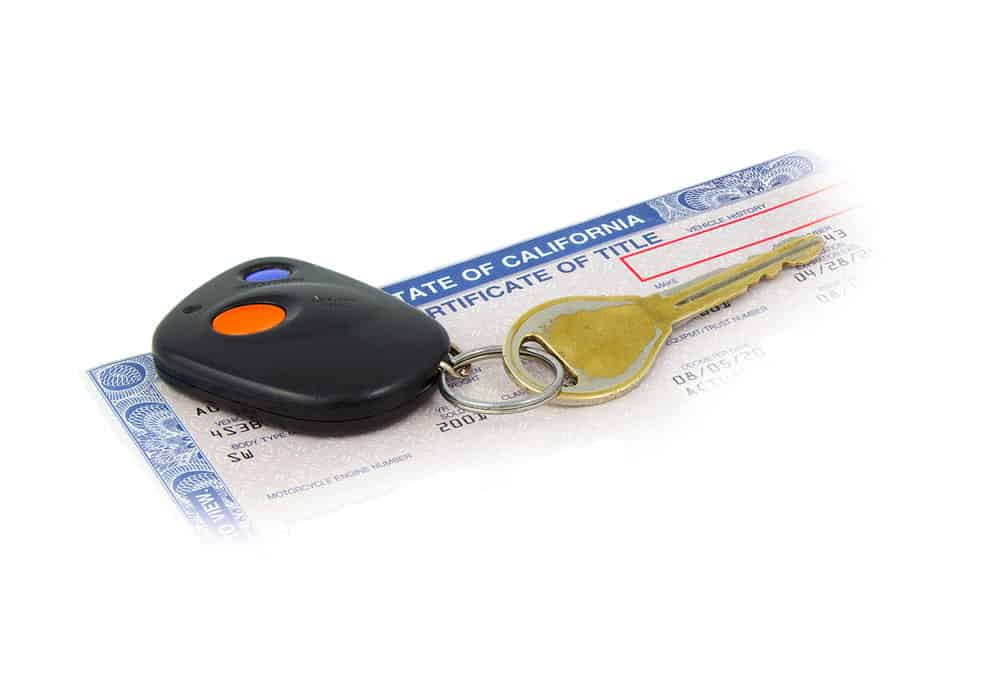In recent years, title jumping has become increasingly prevalent in vehicle transactions. Unfortunately, it can be a severe problem for many unsuspecting victims with lasting financial and legal consequences.
In this article, we will explore what title jumping is, why it occurs, and, most importantly, the steps to take if you find yourself a victim of this unfortunate scheme.
Title jumping refers to the illegal act of selling a vehicle without properly transferring the title to the new owner. This can happen when the seller tries to avoid paying taxes and fees or hides a questionable history that might deter potential buyers.
Typically, the seller will claim to have lost or misplaced the title, but the fallout can be quite burdensome for those who fall prey to this deceitful tactic.
If you find yourself a victim of title jumping, acting quickly to mitigate any potential repercussions is essential.
The following article will explore the crucial steps to protect themselves and resolve a title-jumping situation. By doing so, you’ll arm yourself with the knowledge necessary to navigate the complexities of title jumping and reclaim your rights as a rightful vehicle owner.
What is Title Jumping
Definition and Explanation
In the context of vehicle transactions, title jumping refers to selling a vehicle without legally transferring the title into the seller’s name. This occurs when an individual purchases and sells a vehicle without registering it in their name.
In most states and countries, the title of a vehicle must be transferred to the buyer, who then has a certain period (typically 30 days) to register the car in their name. If the buyer fails to register the vehicle and sells it to another person, this constitutes title jumping.
Legalities and Consequences
Title jumping is illegal and a crime in nearly all jurisdictions, and violating these laws can have serious consequences.
For example, victims of title jumping may face difficulty registering the vehicle if the title is improperly transferred. In addition, buyers may have to pay additional fees or penalties or possibly experience the repossession of the vehicle by the rightful owner.
For the seller, engaging in title jumping can result in criminal and civil penalties. Under state and local statutes, the seller could face the following:
- Fines
- Imprisonment
- Suspension or revocation of their driver’s license
- Vehicle impoundment
For example, in California title jumping is considered a felony under the California vehicle code.
Title Skipping vs. Title Jumping
While title jumping is the intentional act of not transferring the vehicle’s title to avoid taxes or other fees, title skipping is slightly different.
Title skipping happens when two or more consecutive buyers neglect to transfer the title properly.
Both title skipping and title jumping can lead to confusion and difficulty for buyers and sellers involved in the transaction.
All involved parties must follow the correct procedures for transferring and registering vehicle titles to avoid legal consequences and protect the vehicle’s ownership and investment.

Title Jumping FAQs
What is title jumping?
Title jumping occurs when an individual sells a vehicle without properly transferring the title into their name. Instead, they sell the car using the title the previous owner signed over to them, often to bypass taxes and fees or hide the vehicle’s history.
What should I do if I’m a victim of title jumping?
- Contact your local Department of Motor Vehicles (DMV) to report the issue.
- File a police report to document the situation.
- Gather all documentation relating to the vehicle purchase – bills of sale, records of payment, etc.
- Consult with an attorney if necessary.
How can I avoid becoming a victim of title jumping?
To minimize the risk of title jumping:
- Verify the seller’s identification, and ensure it matches the name on the title.
- Check the Vehicle Identification Number (VIN) to review the vehicle’s history.
- Confirm that the title is genuine, liens-free, and properly assigned.
- Request a signed bill of sale with complete information about the buyer, seller, and vehicle.
What is the penalty for title jumping? Is title jumping a felony?
Title jumping is illegal and considered a form of fraud. Penalties can include fines, vehicle forfeiture, and even criminal prosecution. Depending on the value of the vehicle and the state in which you live, title jumping may be charged as a fraud.
Can I register a car without the title?
In most cases, you cannot register a car without the title. However, some states allow you to apply for a bonded title, providing specific documentation is submitted. Check with your local DMV for your state’s requirements.
Can I sue someone for title jumping?
Yes, you can bring a lawsuit against someone for title jumping. Depending on the purchase price of the vehicle and the state in which you live, you may need to file a small claims court action or retain an attorney and file in civil court.



